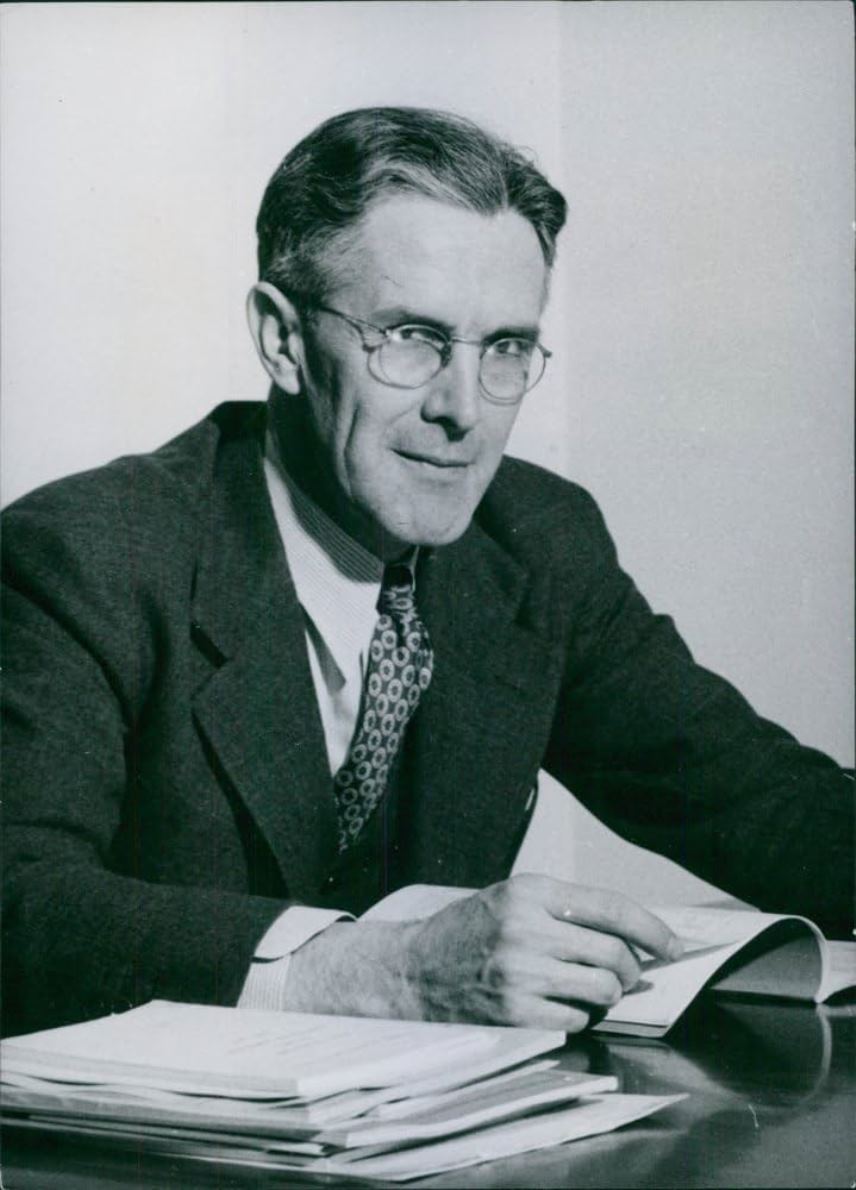Henry DeWolf Smyth (1898 - 1986)

Henry DeWolf Smyth
Henry DeWolf Smyth was an American scientist, nuclear physicist, and diplomat.
Smyth studied at Princeton and Cambridge Universities, taught in Princeton's physics department from 1924 to 1966, and chaired the department for many years. At first he investigated the ionization of gases, but from the mid-1930s he turned his attention to nuclear physics. During World War II, Smith was a member of the uranium section of the National Defense Research Committee. He also proposed electromagnetic techniques that were used to enrich the first samples of U-235 during the Manhattan Project. Smith worked as a consultant on this project from 1943 to 1945 and served as deputy director of the Metallurgical Laboratory at the University of Chicago.
In 1944, General Leslie Groves appointed Henry Smith to the Committee on Postwar Policy to propose a public policy for research and development of atomic energy after the war. He wrote the official public report on the bomb, which became known as the Smith Report and was widely distributed throughout the country.
After the war, Henry DeWolf Smith served as commissioner of the U.S. Atomic Energy Commission and as the U.S. representative to the International Atomic Energy Agency (IAEA). In 1953, he was President Eisenhower's chief advisor on Ike's "Atoms for Peace" speech and received the Atoms for Peace Award in 1968.
| Date and place of birt: | 1 may 1898, Clinton, USA |
|---|---|
| Date and place of death: | 11 september 1986, Princeton, USA |
| Period of activity: | XX century |
| Specialization: | Diplomat, Physicist, Scientist |



